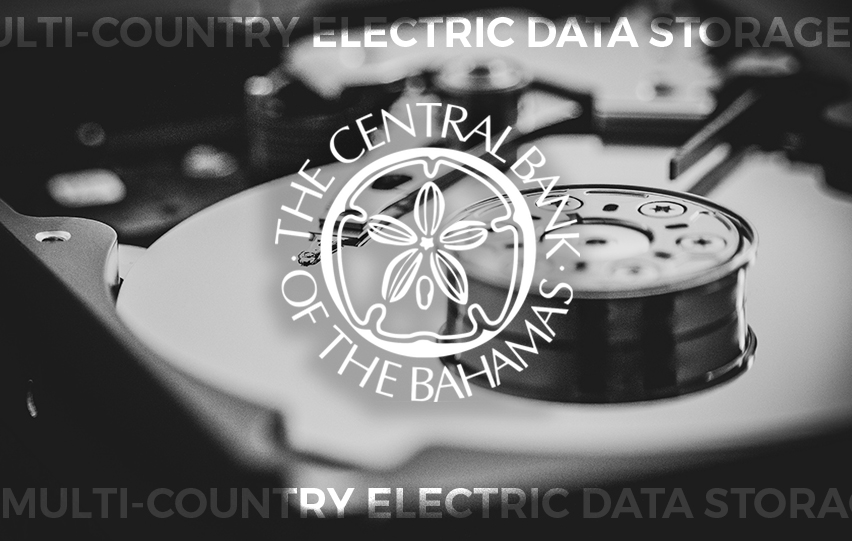Amid Hurricane Dorian’s devastating effects, the Bahamas Central Bank has to rethink its decisions on allowing financial institutions to store confidential customer data overseas, to survive the destruction.
The Central Bank has ‘learned lessons’ from the category five storm, and considers the need for data to be backed up. Customer confidentiality must be balanced with resilience to protect critical data from loss.
For decades, the bank has focused on putting customer confidentiality above anything else, especially for offshore data repositories. Now, the Central bank is thinking of attaching a multi-country electronic data storage to keep data protected from disasters and natural calamities.

“Paper documents don’t work in a world of 200 miles per hour winds, and 20-plus foot storm surges. Even if the documents themselves survive the destruction, they may be housed in sites that are no longer accessible,” said the Central Bank.
The money regulator claimed electronic documents are accessible anywhere else, compared to physical documents that are kept in cabinets, and physical storages. With robust backup, data will not get lost, and authorized personnel can access documents anywhere.
Aside from keeping the data protected from any natural disasters, the need to make data readily available for domestic and international clients is highly integral. With access to electronic documents, electronic banking, and other banking channels, customers are at ease.
Going Paperless
The challenges brought about by the pandemic have opened the eyes of the money regulator to arrange supervised financial institutions (SFI), back-up arrangements, and go paperless.
“One essential element in this outcome is the widespread but not yet universal use of electronic documents. The Bahamian financial system will need to become fully electronic to maintain the levels of disaster resilience we need,” stated the Central Bank.
With the work-from-home arrangement, 90 percent of the staff can effectively access bank documents, thanks to the electronic system. In compliance with the Know Your Customer (KYC), the bank urges SFIs to move away from physical documents and mail, and shift to electronic communications channels.
There will be a new headquarters in Nassau, which can withstand Category five hurricane and associated storm. The money regulator plans to arrange emergency housing inside the facility to accommodate staff and personnel.
With maximum building integrity, the Central Bank's new headquarters will not only allow staff but also their families to the shelter on-site.
















